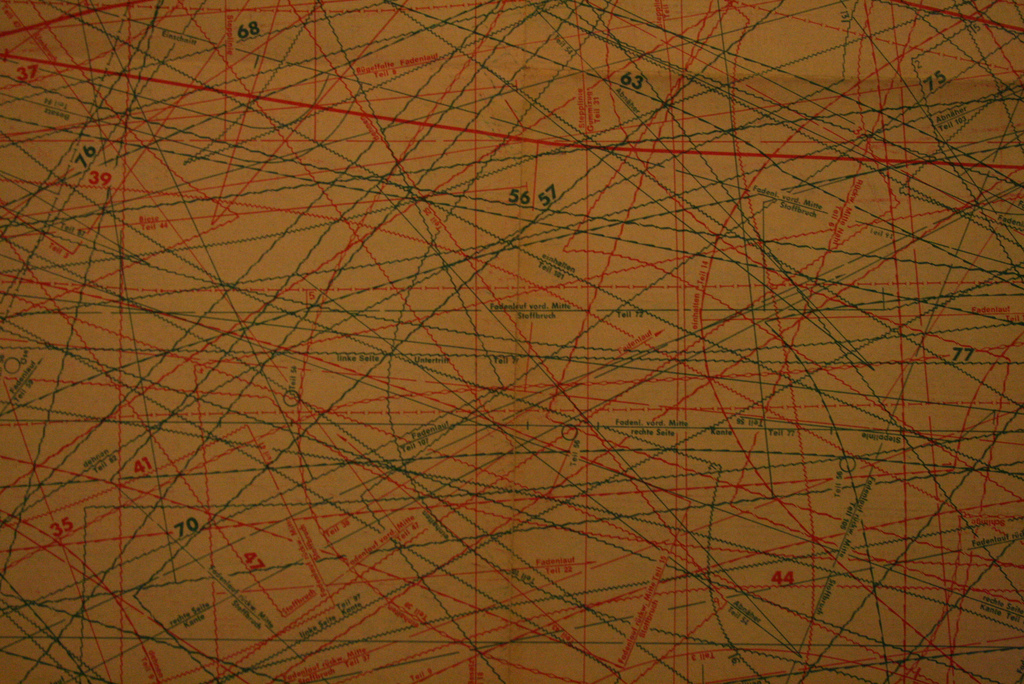Welcome to the DRC’s latest Hack and Yack Series. Over the next two weeks, Dr. Elizabeth Davis will share her thoughts, theories, classroom practices, and research that begin with eportfolios and extend into a new model for digital research and publication. Stay tuned to read about how the research paper might be reimagined and reworked to capitalize on the affordances of digital media and technology.

In this series of posts, I will explore how my thinking about a variety of issues in digital composition has evolved, opening up some new pedagogical and research that I will be exploring and experimenting with in the coming academic year. The starting point is with eportfolios, and I will make some arguments in this series for the benefits of eportfolio pedagogy in the writing classroom as an assessment tool, but I also want to propose thinking about eportfolio as a model for research and publication in the digital age. In this post, I will outline some issues facing digital age research and, in the posts that follow, will make connections between those issues and the ideas and options we might pursue in our classrooms and in our own scholarship.
In recent years, arguments against traditional approaches to research and its presentation – in particular, the classic research paper assignment – have bubbled up in various quarters (some of which were synthesized in a 2011 Room for Debate feature in the New York Times). At the same time, there is no argument that the Internet and search engines have changed our methods for conducting research and managing information. Less has changed in our methods for presenting the resulting argument that emerges from all that searching and synthesizing of information. The genres and forms we work in remain largely textual and, too often (in my view), confined to the constricting models of the article, the book, even the blog (though blogs do have certain possibilities and opportunities that articles and books do not).
Though there have been wonderful and productive experiments with new methods for presenting research like the trailblazing Kairos and a small number of other similarly forward-thinking journals, the hard-won ideas we and our students develop through and from the research process are usually presented in ways that deny them full justice. The end result of a research project is often just that: an end – to the process, to the conversation, to the sense of possibility that still exists both for the writer/researcher and her audience.
While we, as scholars, may not think of our articles and books as dead-ends, rather as stimulants to further dialogue, all too frequently, the research papers and projects our students produce are stopping points, the final point in a process that, while perhaps stimulating and rewarding, is finished and never to be thought of again. And, unfortunately, the institutional place of the research paper – and the peer reviewed article in subscription-based journals, too, for that matter – tends to keep it confined to such a miniscule audience that the ideas contained within never reach the wider readership necessary to spark the circuits of conversation, concatenation, criticism, convergence, and commentary that we hope intellectual work will generate.
As an instructor of advanced writing courses, including a course on writing for the Web, I want my students to conduct and publish research in order to engage with larger issues and conversations. And I have tried many approaches to the research assignment over the years, including the requirement that the resulting text be composed in a digital genre/form (e.g., a website, series of blog postings, a hypertext, etc.) or for students to use digital bibliographic and note-taking tools during the research process. I have received some well-done projects over the years, a few truly innovative pieces, and a lot of texts that merely remediate the worst tendencies of the research paper genre. And, disappointingly, even though they are often published on the public web, they may never emerge from a search engine algorithm for an intrepid future explorer searching for those who might have forged a trail ahead of him. They remain alone, isolated, and un-touched.
In the next post, I’ll highlight a few influences on my thinking about this problem and how those, along with my work with electronic portfolios, are leading me to some ideas about how to re-think research in and for the web. In the meantime, please share your thoughts on digital research projects. What are the concerns facing you and your students?
